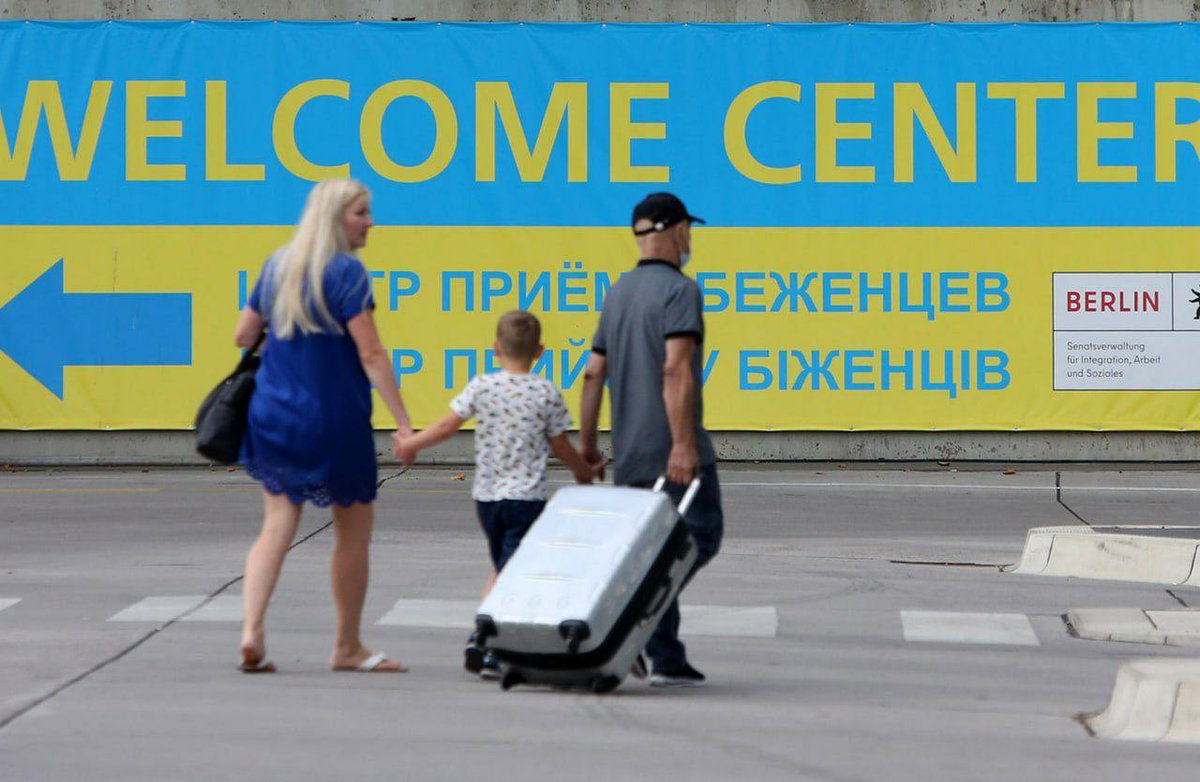Deputy Prime Minister and Interior Minister Vít Rakušan (STAN) has disclosed the latest data regarding Ukrainian refugees in the Czech Republic amid the ongoing conflict with Russia. According to Rakušan, over 200,000 Ukrainian refugees have departed the Czech Republic since the onset of Russian aggression in February. This information was shared with Právo on Thursday.
Since the beginning of the conflict until October 1 of this year, a total of 561,605 Ukrainian refugees have applied for temporary protection in the Czech Republic. Of these, as of October 1, 358,740 individuals had physically submitted applications for temporary protection within the country. This means that more than 200,000 refugees have chosen to leave the Czech Republic during the conflict, either heading to other EU member states or returning to Ukraine.
Rakušan also challenged claims made by some politicians and members of the public, asserting that the Czech authorities possess accurate records of the Ukrainian individuals in their territory. He explained that nearly 360,000 refugees have registered with the Department of Asylum and Migration Policy, providing essential information.
However, Rakušan noted that those who failed to visit the Department of Asylum and Migration Policy in person by the end of September would lose their temporary protection status in the Czech Republic. Approximately 14,500 fewer people than expected turned up for in-person registration. According to the minister, these are refugees who have likely returned to Ukraine or taken advantage of the Czech Republic’s location in the Schengen area to travel to other member states.
Among the registered Ukrainians, around 115,000 are legally employed, with this number steadily increasing. This is a notable figure, considering that a significant portion of the registered individuals consists of children, elderly individuals, and women caring for children who are unable to work. Rakušan pointed out that these legally employed Ukrainians are projected to contribute approximately CZK 12 to 15 billion in levies to the Czech state budget for the current year, which will ultimately benefit the country.
The deputy prime minister expressed optimism that Ukrainian refugees could help alleviate the long-term labor shortage in the Czech Republic.
Nonetheless, Rakušan acknowledged a significant challenge related to the education of Ukrainian children in the country. He mentioned that the state had underestimated the language barrier faced by these children, and many schools have experienced communication difficulties. To address this issue, efforts are being made to allocate funds for specialized language courses in the coming year, with a focus on providing quality language education to Ukrainian students. Rakušan cited Germany as an example of a country that successfully integrates young Ukrainians by offering intensive language courses before they enter mainstream schools.
Source: novinky.cz


















